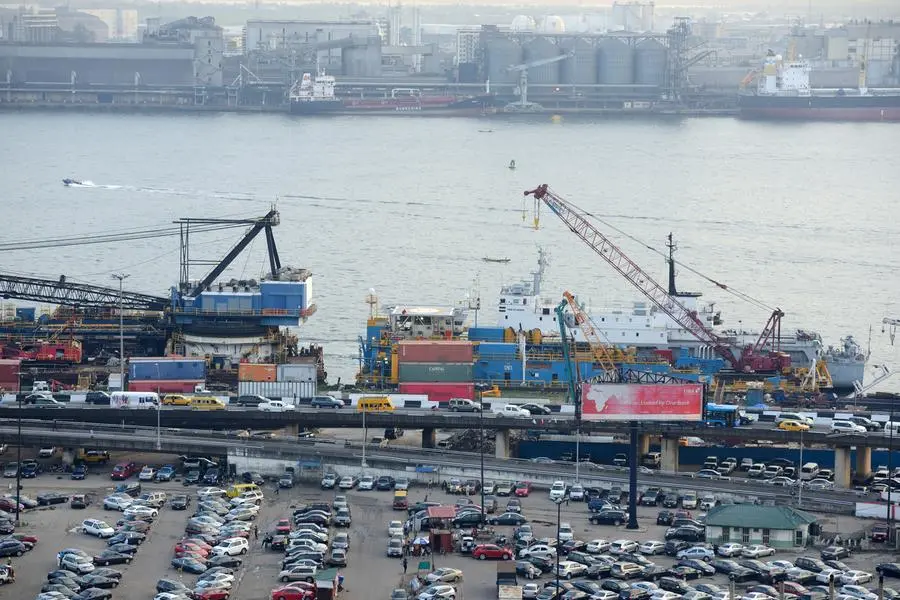PHOTO
As the second regional review of the Global Compact for Safe, Orderly and Regular Migration (GCM) held in Addis Ababa, African trade unions have called for the establishment of a unified migration governance platform for African states.
The unions emphasised the need for such a platform to involve social partners, particularly trade unions, to ensure that the rights of African migrant workers are prioritised in all negotiations with other regions.
Represented by the African Trade Union Migration Network (ATUMNET) under ITUC-Africa, the unions outlined 15 key demands aimed at safeguarding the rights of migrant workers. These proposals, formed during the annual ATUMNET meeting held on October 7, stressed the importance of stronger protections for African migrant workers, particularly those in the Middle East, to prevent exploitation and the commodification of labour.
The meeting was supported by the Friedrich-Ebert-Stiftung (FES).
One of the primary demands outlined in the unions’ communiqué is the full integration of GCM objectives into national policies. This includes the removal of discriminatory policies and the establishment of monitoring systems to assess the effectiveness of GCM implementation.
“Together, we can build a future where migration is safe, orderly and just for all workers,” the unions declared.
The Second Regional Review of the GCM for the United Nations Economic Commission for Africa (ECA), held between October 8 and 10, identified regional priorities and gaps in the GCM’s implementation, providing insights for targeted interventions and necessary policy adjustments.
In their communiqué, the trade unions also demanded greater inclusion in policy development and evaluation processes, rejecting their limited role of merely validating existing frameworks. They called for stronger legal protections and more effective grievance mechanisms to ensure migrant workers have access to justice.
The unions particularly highlighted the challenges faced by women, youth and marginalised groups in migration. They demanded the mainstreaming of gender and diversity in all policies, especially in addressing gender-based violence. Additionally, they stressed the need for universal access to social protection, healthcare and education for migrant workers, regardless of their migration status.
The unions’ proposal calls for a unified African approach to labour migration, with a focus on collaboration between states and social partners. This regional platform is seen as crucial for ensuring fair and equitable treatment of African migrant workers, preventing them from becoming mere commodities in international labor markets.
The communiqué read: “African trade unions, under the leadership of ATUMNET, remain resolute in their mission to protect and promote the rights of migrant workers. The GCM provides a crucial framework for addressing labour migration challenges, but its success depends on robust implementation, genuine multi-stakeholder cooperation and a strong focus on workers’ rights.
“Trade unions call on governments, international organisations and civil society to work together to ensure that migrant workers across Africa are treated with dignity, respect and fairness.”
The trade unions’ demands for the GCM review go beyond national policies. They call for regional cooperation, social dialogue and accountability mechanisms to ensure that governments fulfill their international obligations.
By amplifying the voices of migrant workers and advocating for their inclusion in decision-making processes, the unions aim to build a system that is not only safe and orderly but also just for all African workers.
As the GCM review continues, the trade unions are also pushing for the ratification of key migration-related conventions, such as ILO C97 and C143, to ensure that African states adhere to global standards in protecting migrant workers.
Their call for addressing the root causes of forced migration and creating rights-based migration pathways underscores their commitment to ensuring that migration benefits workers, families and communities across the continent.
With these demands, African trade unions are determined to shape a future where migration governance is based on fairness, dignity and the protection of workers’ rights.
Copyright © 2022 Nigerian Tribune Provided by SyndiGate Media Inc. (Syndigate.info).





















